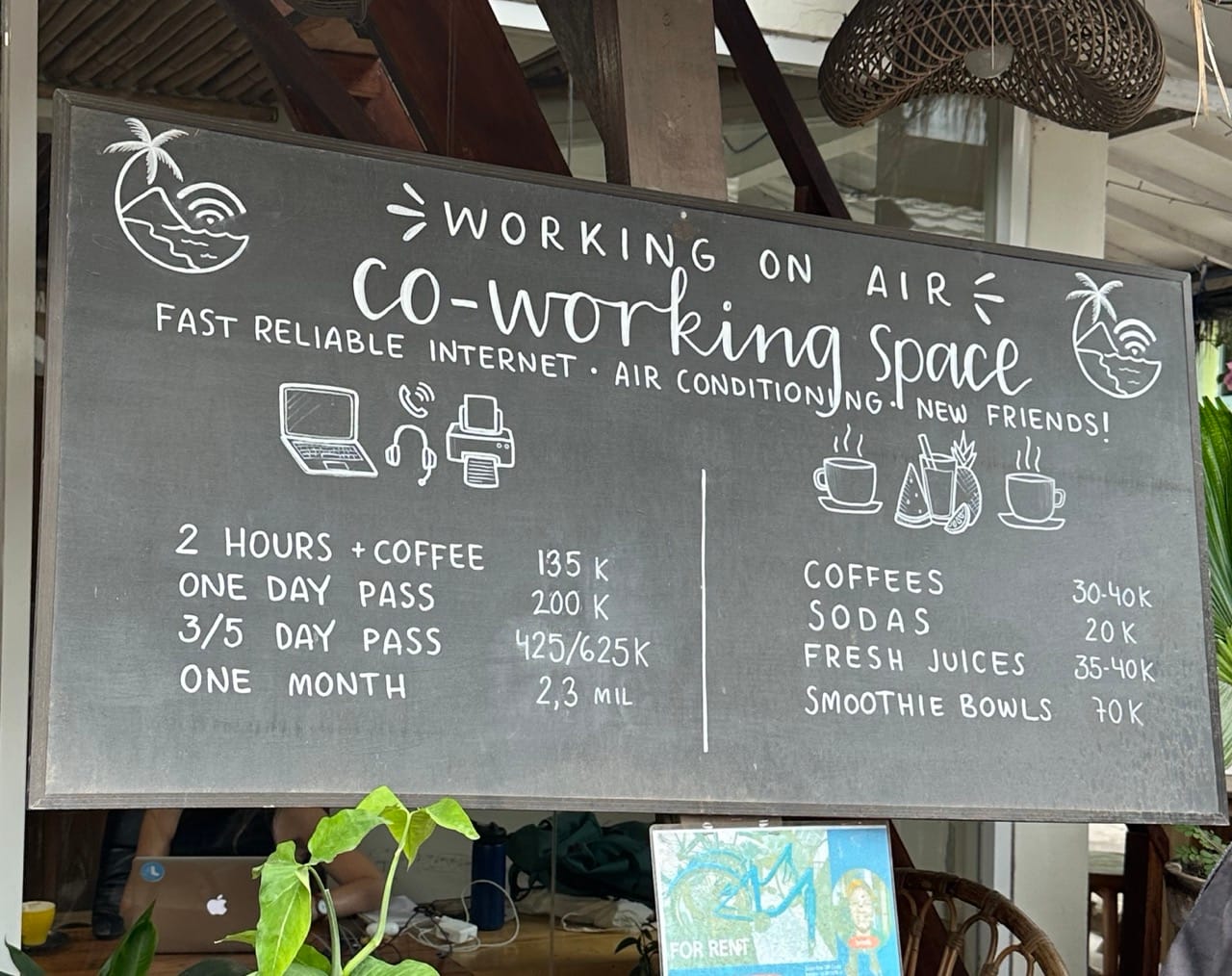Global connectivity is advancing rapidly. Even though terms like “deglobalization” dominate the media, new opportunities for professional and entrepreneurial growth are unfolding in parallel. Technology makes international collaboration easier than ever, remote work connects talent across continents - and digital business models prove that careers today know no geographic limits.
The international business world is undergoing fundamental change. The crucial question is: Will you shape this transformation - or be driven by it?
Current context: Global developments and what they mean for you
Every day we are flooded with news: geopolitical tensions, trade conflicts, new climate regulations, growth opportunities in India or the MENA region (Middle East and North Africa), and the race for Artificial Intelligence leadership. What may sound like distant headlines directly impacts your work and career: which jobs are in demand, which skills you need to build, and how to secure your professional future.
Those who recognize the signs of the times - from China+1 strategies to global talent markets and ESG standards (Environmental, Social, and Governance) - gain clarity in an increasingly complex world. And it is precisely this ability to translate global developments into personal action that defines career success and future opportunities today.
The five pillars of successful international orientation

1. Turning geopolitical developments into opportunities
Spotting international trends early and positioning yourself strategically creates a strong competitive edge. Uncertainty can become your lever – especially when you use technologies like AI to strengthen global connections.
2. Embracing cultural diversity as a source of innovation
Diversity is far more than a “nice-to-have.” Different perspectives and working styles spark fresh ideas and innovative solutions – if you are open to them.
3. Building intercultural competence
The ability to communicate effectively across cultures is becoming a core skill. Creating trust and clarity in multicultural, often virtual teams is something you can actively develop.
4. Building and nurturing global networks
Successful people think internationally and invest in long-term relationships across regions. Those who create these synergies unlock opportunities that remain hidden to locally minded peers.
5. Understanding and serving international markets
Succeeding globally does not mean copy-pasting products into other countries. It requires a deep understanding of local customer needs and smart adaptation of products and services.
Why now is the perfect time
Technology, remote work, and the rising demand for internationally minded professionals create ideal conditions.
And: International success is not reserved for CEOs of global corporations. Freelancers, team leaders, and entrepreneurs alike can benefit – whether working with clients in Europe, colleagues in Vietnam or São Paulo, or by building a global community.
Thinking internationally also strengthens key future skills: self-management, resilience, and entrepreneurship.
Your roadmap to global competence
The future belongs to those who recognize global opportunities, use cultural diversity as a strength, and have the courage to explore new paths.
In the coming months, we will dive deeper into each of these five pillars and share practical strategies and tools to help you systematically build your international career – whether you are just starting out or already have first experience.
Are you ready? Then subscribe to our blog and shape your professional future with an international mindset.

